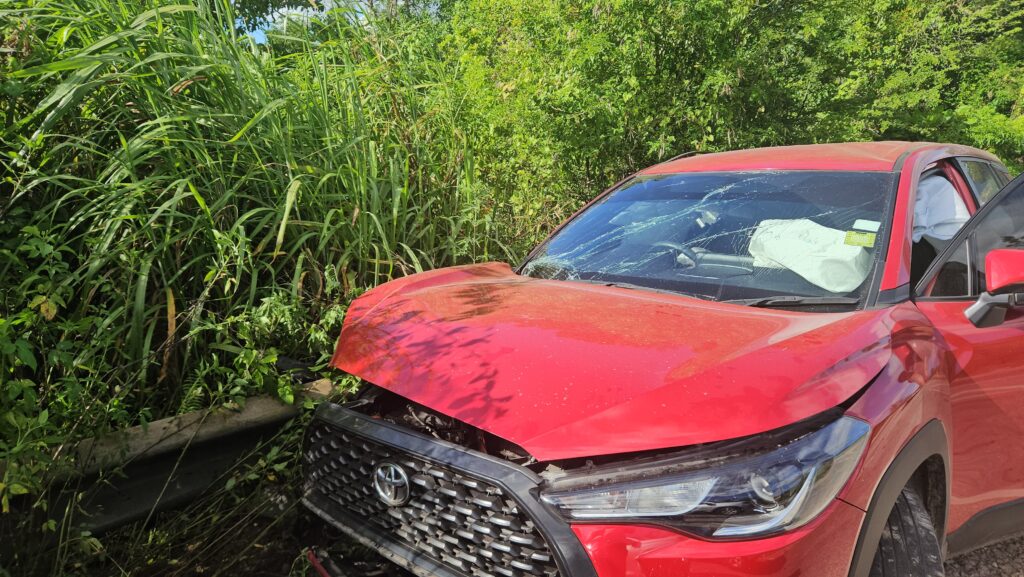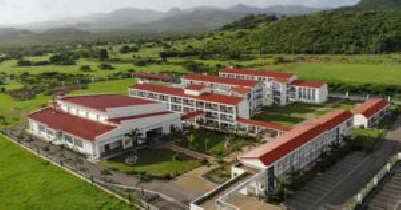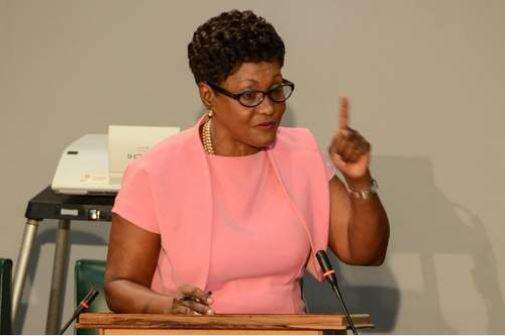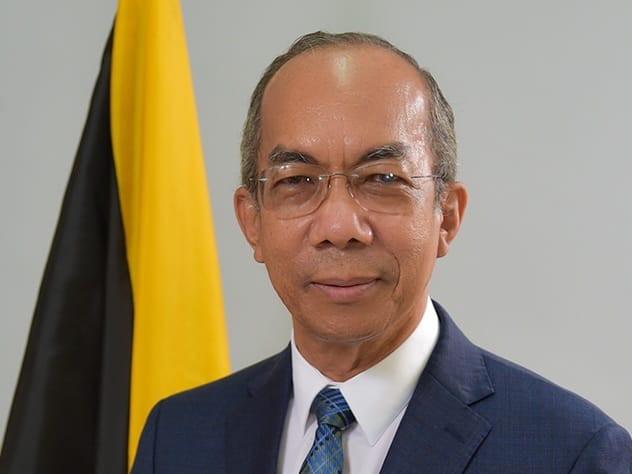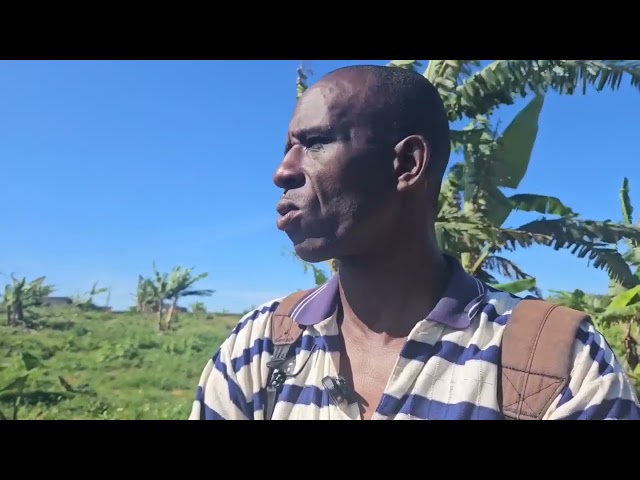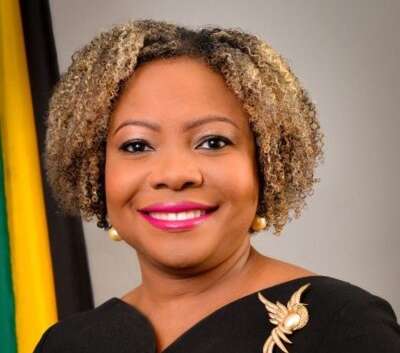Escalating violence in Haiti. (CMC photo)
PORT AU PRINCE, Haiti- Doctors Without Borders (MSF) in Haiti is warning that “extremely high levels of violence” in the capital, Port-au-Prince, may cause one of the last remaining trauma hospitals to reach its full capacity, making it unable to accept new patients.
It said Tabarre Hospital, which it runs, is one of the last hospitals in the capital city, where armed groups are coordinating attacks on several areas that were previously beyond their control.
“If the hospital’s maximum capacity is reached, it would create an even more desperate situation for the city’s residents, whose access to surgical care would be considerably reduced. MSF renews its call for the protection of civilians and respect for health facilities in combat zones,” MSF said.
“I said having already increased its capacity by half, the Tabarre Hospital is under great pressure.
“With tensions high since February, the hospital is strained by the growing number of seriously injured people requiring treatment. Although the hospital officially has 50 beds for trauma care, it regularly has over 70 trauma patients. Beyond the 75-patient limit, it will be virtually impossible to accept new cases.”
Coordinator of MSF’s Tabarre Hospital, Dr Seybou Diarra, said that if the situation doesn’t calm down, “I fear that many of the wounded will die for lack of available treatment.
“The number of seriously injured patients has risen steadily over the past four weeks. Nearly 40 per cent of them are women and children. We’re already overloaded, and we can’t push the walls. We are now creating hospital rooms in the meeting rooms.
“The medical teams are exhausted, and the intensification of violence around the structure complicates the conduct of our activities, as we are located next to areas that are regularly under attack, with a high risk of stray bullets,” Diarra said.
MSF said that more than half of Port-au-Prince’s health facilities have closed, plagued by years of political instability and an alarming humanitarian situation, Haiti has been experiencing a new upsurge in violence since mid-February, as armed groups, united in a single coalition, attempt to increase their control of Port-au-Prince.
The UN Office for the Coordination of Humanitarian Affairs (OCHA) said more than 60 per cent of health facilities in Port-au-Prince are closed or non-functional and that those that remain open are facing severe shortages of human resources, equipment, and specialised services.
The Mirebalais University Hospital, one of the last hospitals capable of providing trauma care, suspended activities on April 23 due to insecurity in the area, as it is located on a road now controlled by armed groups.
MSF had to suspend its activities at its trauma center in Carrefour following a security incident in March. The Hôpital Universitaire de la Paix, which remains open, is overloaded. In just one month, the number of hospitals able to treat trauma cases has fallen from four to two.
“It’s becoming increasingly difficult for Haitians to access health facilities, and nearly impossible for those requiring trauma care,” said Diarra, warning “if the situation doesn’t calm down, I fear that many of the wounded will die for lack of available treatment”.

